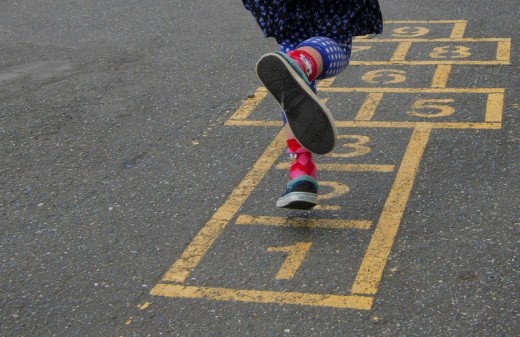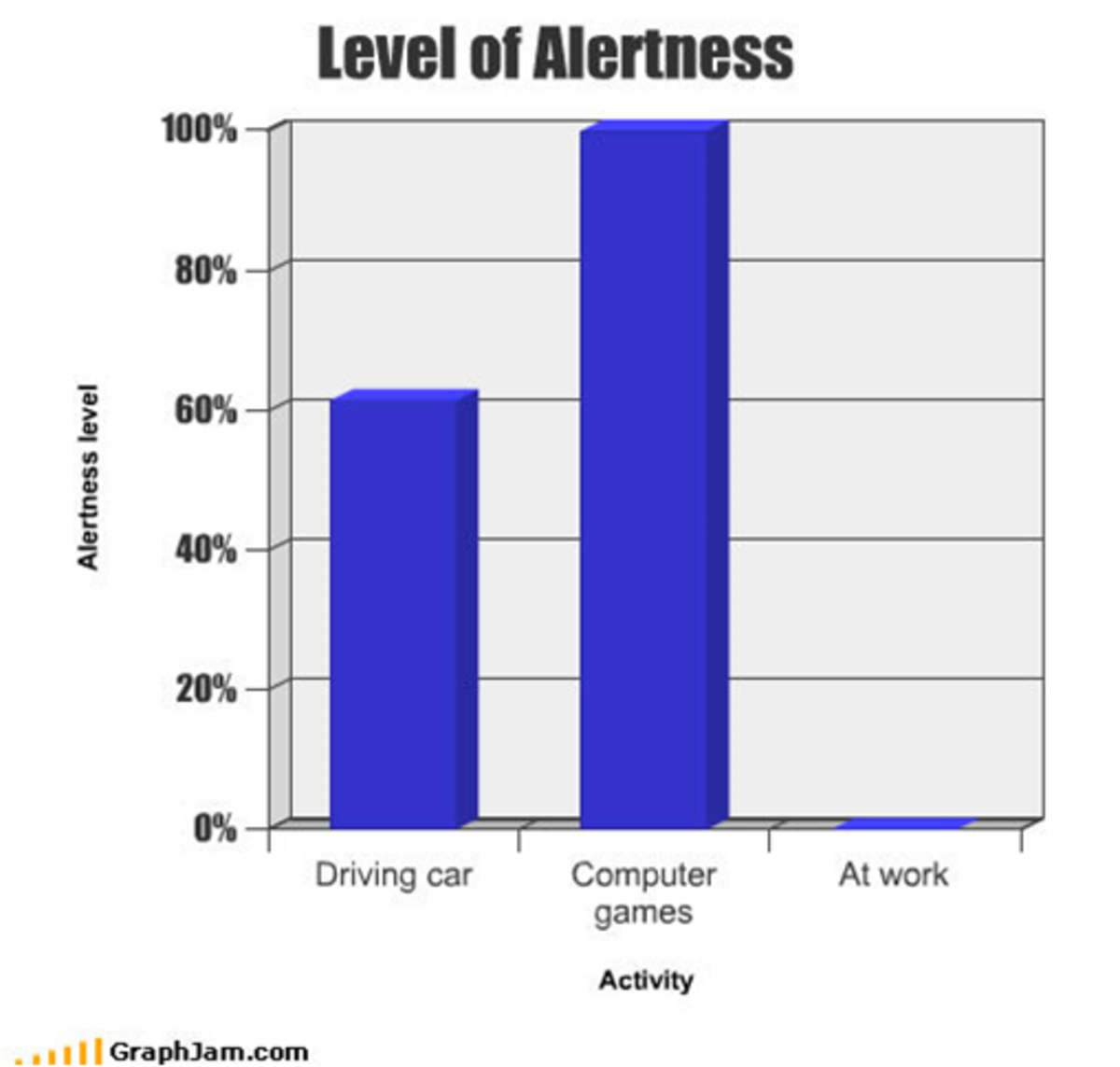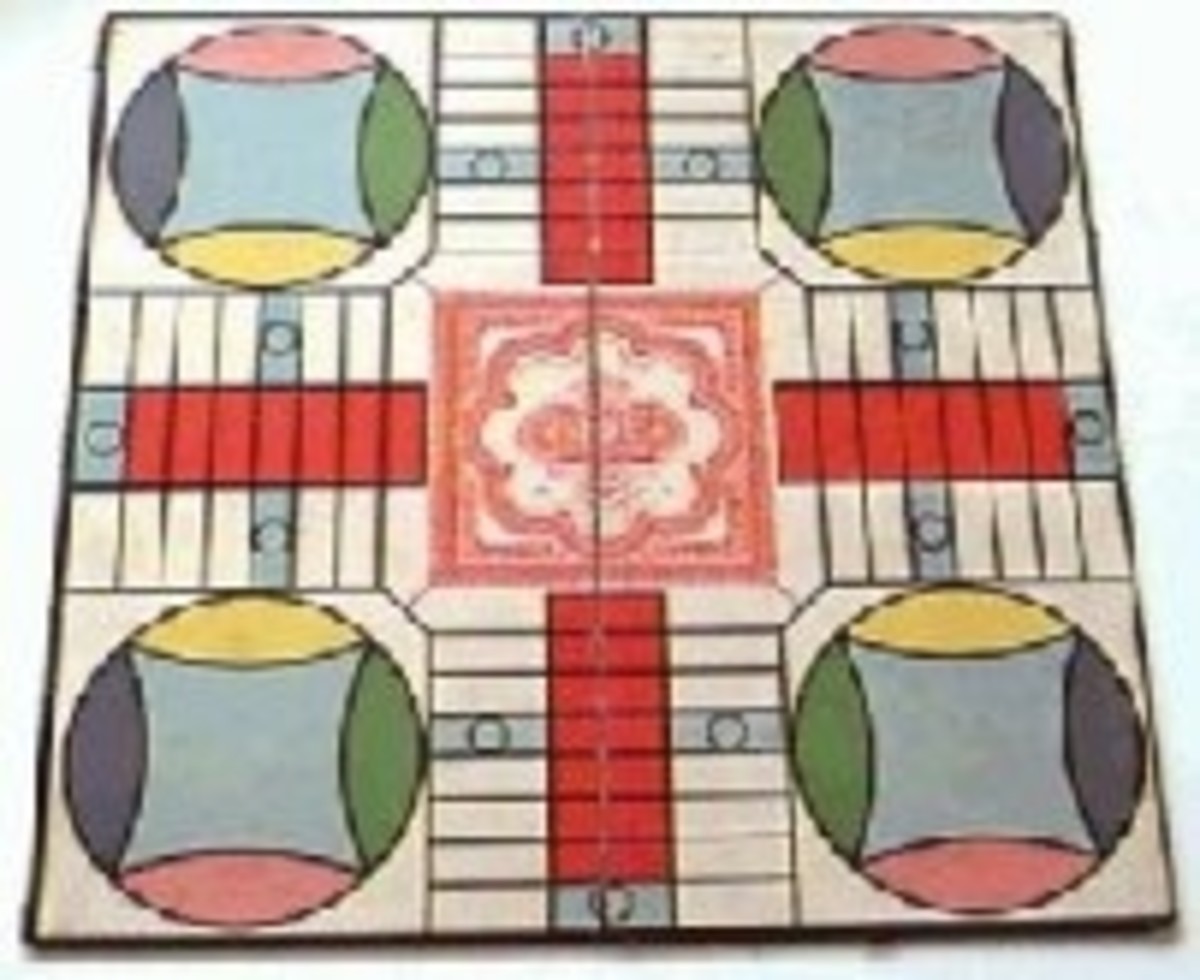Games Children No Longer Play

When I was a child growing up, the neighborhood was always alive with the chatter of children. As soon as school was out for the day or in the summer months, we'd play familiar games until the sun went down or we were called in for supper. We would banter, laugh, argue and scream. We were creative, cunning and competitive. We would run, climb and jump. In today's neighborhoods we see far less activity. Kids are smarter but less fit. Video games often replace ball games. Many schools are doing away with recess in favor of study. The loss for children is physical health and social interaction. Here are some games kids no longer play.


Jumping Rope -
The practice of jumping rope is believed to have had its start somewhere around 1600 BC. Vines and bamboo were used as well as various types of hoops. Jumping rope originated in Egypt and Australia and made its way to China, Europe and eventually the United States where it became very popular among children. Jumping rope is one of the most beneficial forms of exercise. It can burn up to 1000 calories per hour. It tones muscles all over the body and optimizes cardiovascular conditioning. Besides the physical benefits, jumping rope promotes rhythm, coordination and self-esteem.
Tag -
The game of tag goes back to ancient Rome where it was played even by the likes of Julius Caesar. It is said that in 44BC, he slipped on his toga while playing and fell into Marcus Junius Brutus where he uttered the famous "Et tu, Brute". The English translation is "Brutus, you're it". Hmm. The game of tag has many benefits. Besides the obvious physical exercise of running it teaches children to become more aware of what's around them and to take chances. It also prompts them to be creative and to strategize to win. You can burn 115 calories or more in an hour playing tag. And it's nice to no longer be "it" anymore.
Hide and Seek -
The game of hide and seek is played all over the world. In the 2nd century, Greek writer, Julius Pollux described it in his work. It is called "jeu de cache cache" in France and "cucumbe" in El Salvador. Unless you're "it" (the seeker) the game fosters imagination and creativity. The hider must learn to plan and perceptual skills are heightened. Hide and Seek teaches children to count and to be independent. Since it is usually played outside the benefits include getting fresh air and warding off boredom.
Hopscotch -
The origin of the game of hopscotch is traced back to ancient Britain during the early Roman Empire. It was used as a military exercise to improve the soldiers' footwork. The first hopscotch courts were over 100 feet long. Hopscotch is great for developing strength and balance. It works the leg muscles as well as other important core muscles. There was a time when hopscotch courts could be found in any playground. If there aren't any, the simple remedy is a piece of chalk and a stone. Let the hopping begin.
Dodge Ball -
The history behind the game of dodge ball isn't clear. Some say it was created by cave men when they tossed a rock at the glaring sun and had to dodge it when it came down. Most attribute the origin to Augustus Hagerson in Africa in 1832. The object of the game, of course, is to hit your opponent with the ball. Recently some schools have banned the game citing its violent nature. Dodge ball can increase overall athleticism helping muscles work together and develop strength. It improves hand/eye coordination, is great for stress relief and fosters mental awareness of your surroundings.
Red Rover -
The game of Red Rover which is also called Bullrush and Octopus Tag originated in 19th century Britain. It eventually spread to Australia, Canada and the United States. "Rover" is the Norwegian word for "pirate" and some believe the British were baiting the Viking raiders to "come over". Like dodge ball, many schools have banned the game of red rover. Players form opposite teams 15 to 30 feet apart and form a linked hand chain then dare someone from the opposing team to break through. Besides the healthy benefits of running, red rover promotes team spirit and cooperation.
Marbles -
Though no one is sure where and when the game of marbles began, it likely had its start with the early Egyptians and spread to the rest of the world. Ancient games of marbles were played with fruit pits, pebbles or nuts but the name comes the 18th century practice of making them from marble chips. There are a variety of games played with marbles where players shoot, roll or even pitch the marbles for different objectives. The benefits include better judgement of angles, gravity, speed and control as well as improved hand to eye coordination.






